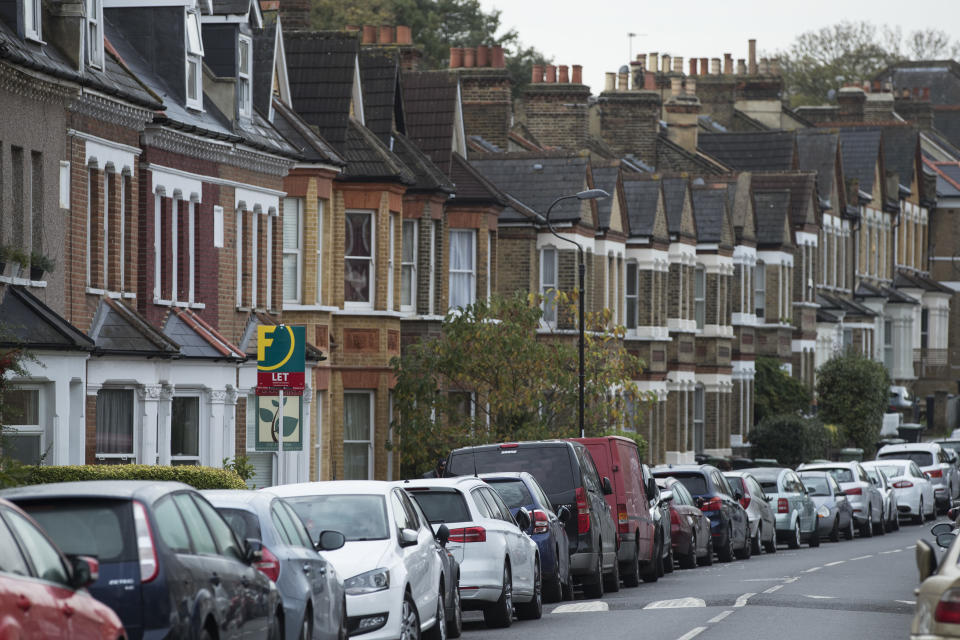Coronavirus: London rents drop as UK tenants secure discounts to stay put

Tenants across Britain have seen the biggest drop in rental costs in more than six years as the coronavirus ripples through the housing sector, according to new figures.
New data from Hamptons Internation and Countrywide, a letting agent for 90,000 UK properties each year, shows London landlords had to slash current tenants’ rents most last month, and also had to drop prices for newly let properties.
The analysis published on Monday shows the highest number of tenants staying put in March since 2008, at the height of the last major economic crisis.
Average renewed rents in March dropped by 0.5% compared with a year earlier, the steepest drop since at least 2014 when the monthly data was first collected. February had seen growth of 1.5%, suggesting many tenants have secured discounts and the lockdown has turned the tables in the market.
Read more: UK house prices knocked off all-time high by coronavirus
Tenants’ desire to hunker down during the lockdown appears to have strengthened rather than weakened bargaining power with existing landlords. With 70% of tenants staying put and many renters’ incomes under strain, landlords have few alternative potential renters. Countrywide’s pool of people looking for new properties shrank by 31% year-on-year.
“Tenants’ concerns about their future income prospects, combined with greater risk of void periods for landlords willing to advertise their property on the open market, resulted in the rent falls,” said Aneisha Beveridge, head of research at Hamptons International.
“The first signs of the COVID-19 effect on the rental market are starting to show.”
The figures come after the UK government put a temporary halt on new evictions and offered landlords mortgage holidays if tenants were struggling last month. Landlords are not obliged to renegotiate rents however, and campaigners fear evictions will ultimately spike.
Read more: Spike in tenants not paying rent as COVID-19 hits jobs and pay
Renters renewing their tenancies in London saw the biggest drop in rent, down 2.2% year-on-year to an average of £1,656 a month. It marks a dramatic reversal of the 2.6% rise seen in February. The capital dragged down the average for the UK, with national rents down 0.5% including London but up 0.5% excluding the city.
Tenants renegotiating contracts in the south-east and south-west of England also saw declines, down 1.4%, whereas renters in the Midlands (up 2%) and Scotland (up 3.4%) have seen the steepest hikes.
Average rents on newly let properties have not seen a year-on-year decline across the UK, up 2.6% outside London. But in the capital rents dropped 1.3% on new properties. They also dropped 0.2% in Wales.
Rents in the capital still remain far higher than anywhere else in the UK, reflecting the extraordinary demand and constrained supply in its housing market. Tenants forked out £1,714 a month for the average newly let property in London last month, compared to a UK average outside the capital of £792 a month.
Landlord groups also say higher taxes including stamp duty had been pushing up rents in recent years by driving some out of the sector, with UK landlord numbers at a seven-year low. The changes were designed to help first-time buyers.
Read more: Tax reforms push landlord numbers to seven-year low
Watch the latest videos from Yahoo UK

 Yahoo Finance
Yahoo Finance 